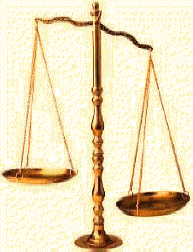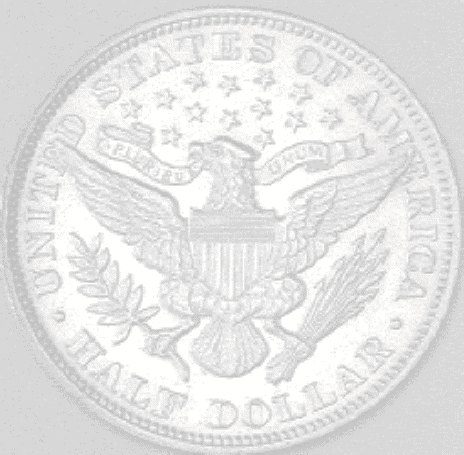
|
|
||
|
|
|
|
|
|
||

-47-
FOR BETTER OR WORSE:
The Signing of the Federal Reserve Act
While the Constitution of the United States will remain the monument of mankind in his attempt to establish self-government, the Federal Reserve Act will be remembered in contempt by mankind for having begun the enslavement of this once great Republic and the enslavement of the remaining free nations of the world. Using 4 gold pens (Johnson, 5), this son of a Presbyterian minister, this Esau, signed away the rights and liberties --the birthright, of the American people by surrendering the sovereignty of the United States to international bankers. A more blatant violation of the national Constitution was never accomplished, nor was legislation ever passed that cast such a pall upon personal industry. It was, however, only the beginning of a long series of bills that has turned our government "of the people, by the people, and for the people" into a government "of, by, and for” unelected bureaucrats.
The First Bank As A Threat to Free Institutions
This was not the first time an attempt was made to nationalize the banking industry (Griffin, 171). Alexander Hamilton had advocated the creation of a national bank and it was this very issue that precipitated the first major controversy since the Constitution was ratified in 1789 (Johnson, 7). It would appear that Mr. Hamilton later repented of his actions for in a letter he wrote to 0liver Wolcott, the new Secretary of the Treasury, he confessed,
My Dear Sir: No one knows better than yourself how difficult and oppressive is the collection even of taxes very moderate in amount, if there is a defective circulation . . ..
For these and other reasons which I have thought well of, I have come to the conclusion that our treasury ought to raise up a circulation of its own I mean by the issuing of treasury notes” (Griffin, 172-73).
Thomas Jefferson boldly stated,
The Incorporation of a bank and the powers assumed by this Bill have not. . been delegated to the United States by the Constitution. This Bill delivers us up to the National Bank, who are free to refuse all arrangements, but on their own terms, and the public not free, on such refusal, to employ any other bank” (Griffin, 172).
Nevertheless, President
Washington signed the Bill on February 25, 1791 and turned the public
debt into interest-bearing bonds (Griffin, 172). Although the First Bank
of the United States was chartered, Thomas Jefferson, Secretary of State
vehemently protested. In a speech he delivered to Congress on October
25, 1791, he declared it to be "a private speculation in which members
of Congress had taken part “(White, 262), and viewed the creation of
such a bank as "dangerous to free institutions" (White, 265).
Apart from the question of constitutionality, Thomas
Jefferson feared foreign investors would work to overturn civil liberty.
In 1803, he wrote Secretary of Treasury Albert Gallatin and warned
What an obstruction could not this Bank of the United States with all its branches be in time of war! It might dictate to us the peace we should accept, or refuse its aids. Ought we then to give further growth to an institution so powerful, so hostile" (White, 265-266)?
Democracy Instead of Power
In his Historical
Beginnings --The Federal Reserve, Mr. Roger Johnson states "The
young nation seemed far more interested in becoming a successful
experiment in democracy rather than an economic power (6). Oh, that
America was once again more interested in liberty than in power!
